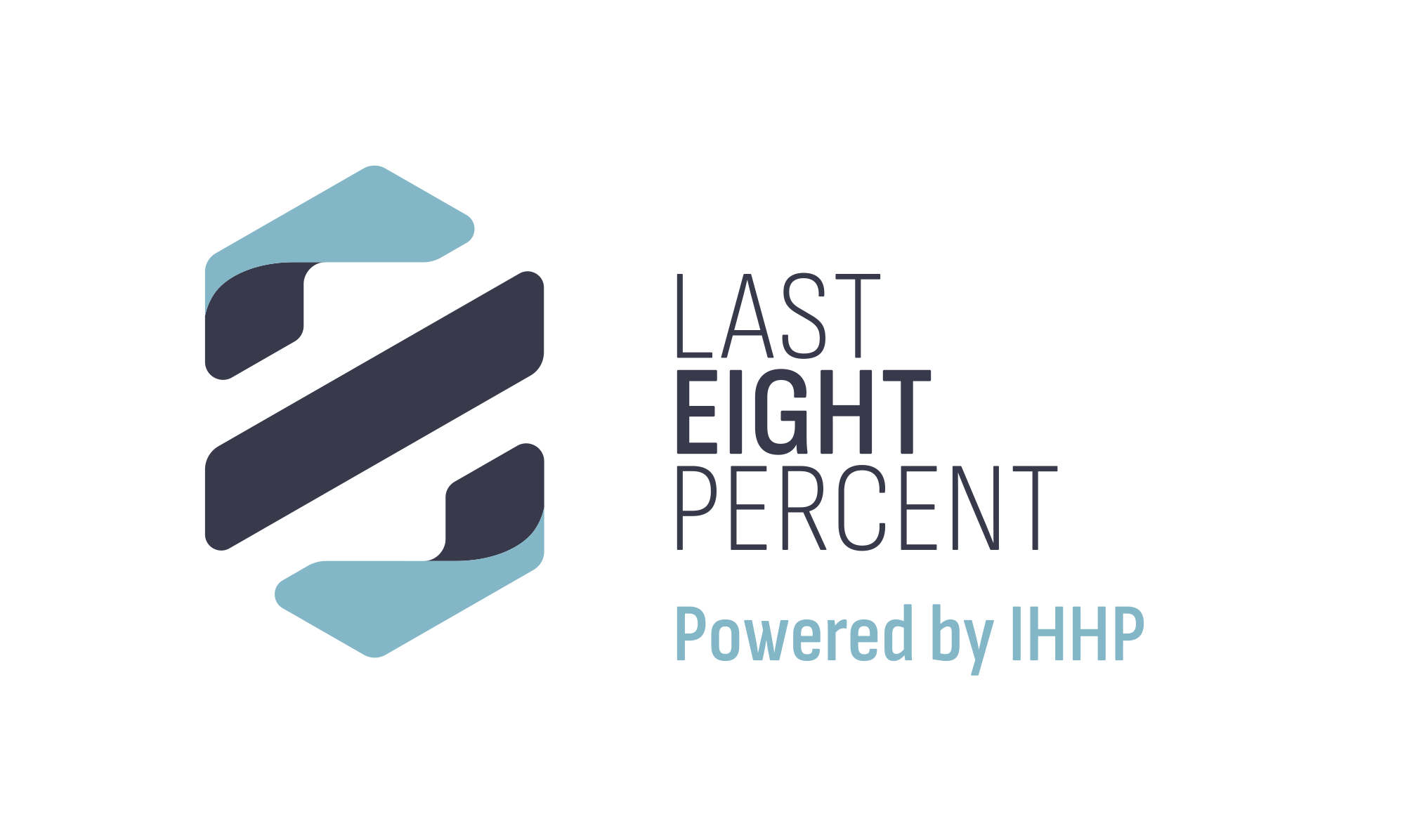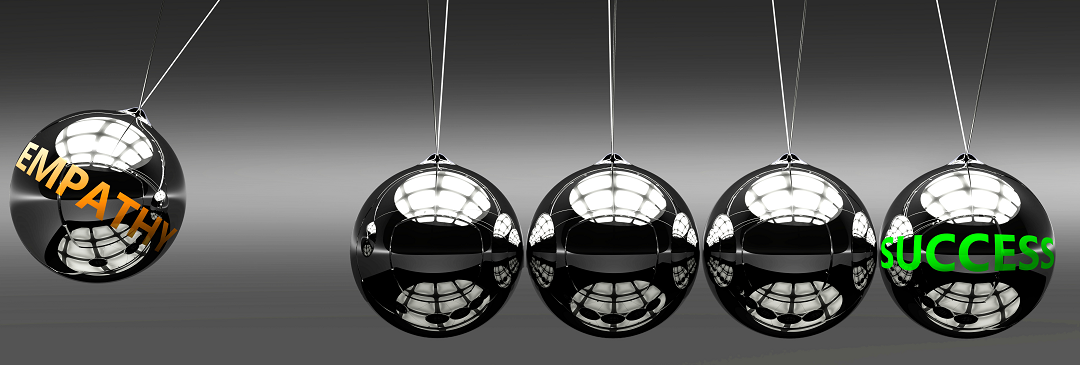Emotional Intelligence (EI) is one of the Top 10 skills that will be demanded for work roles in 2020 as identified by The World Economic Forum.
Empathy is one of the key competencies in EI. One would think then that coaching for empathy would be a no-brainer when it comes to leadership development skills.
Yet, empathy is also a word that is used very differently and poorly in everyday language.
- Some consider it to be synonymous with sympathy (false!)
- That it implies agreement (also false!), or
- That it is something a manager doesn’t have time for (at their own peril)
Empathy Matters
Coaching for empathy is a skill that benefits leaders and organizations and it is taught because people matter. First, two things need to be understood:
1. What is empathy?
2. Why does empathy matter?
What is empathy?
Empathy is defined as the ability to understand and share the feelings of others.
According to Daniel Goleman, “(empathy is) awareness of others’ feelings, needs and concerns.”
Tim Minchin believes, “empathy is intuitive, but is also something you can work on intellectually.”
This leads logically to our next consideration – why does empathy matter?
The compelling reason for empathy
A 2018 workplace study by Businessolver found a gap exists between CEOs and their employees. Specifically, 92% of CEOs believe their organization to be empathetic, yet only 50% of employees agree.
As a motivator of engagement, having your people feel understood and cared about can be a more potent driver than money and have other spin-off benefits such as retention and the organizational bottom line. (Forbes)
From an EI perspective, there is an even more foundational and primal reason to develop empathy – to minimize the perception of threat, which in turn will optimize people’s thinking capacities in their work.
Our amygdalas, by nature, scan for ‘threat’. Threat to our values and needs – things such as competence, autonomy, certainty and inclusion. The perception of threat to one or more of these values can trigger our emotions, which can negatively impact our thinking, not to mention functional relationships.
However, empathy can help to minimize the perception of threat. When we show a sincere interest in someone else’s thoughts, feelings, ideas or challenges, we show a willingness to understand what matters most to them. And that can translate into openness for constructive and collaborative communication.
When this doesn’t happen, emotions kick in, resulting in defensiveness, arguments, or shutting down, none of which are productive to results nor a collaborative working relationship.
In other words, a culture based in empathy can benefit both the productivity of an organization as well as enhance and retain its best and most effective people.
A coaching story
An executive was being coached on empathy after he scored low in his EI360 assessment. The first challenge was finding a compelling reason for him to develop this competency. He began by saying he didn’t have time for it, there was too much work to do, and he really believed it was a ‘soft skill’ that might be nice, but not necessary. It was the results that mattered.
When asked “What if taking the time to listen and understand your people helped them to engage more effectively and produce better results that motivated them to stay?” He admitted that would be worth considering.
To his surprise, his people responded quickly and positively to his new empathetic approach and the benefits extended to his personal life as well – “My wife says she has a new husband!” There is a proverb that says “Nothing succeeds like success.” My client’s efforts to develop empathy were self-reinforcing both at work and outside of it.
A learnable skill
EI is a learnable skill. Empathy, being one of the key EI competencies, is similarly learnable. It’s never too late, as long as an individual or organization has compelling reasons to develop and integrate it into its culture.
A training session can introduce the ‘what’ and ‘why’ for empathy, much like an inspiring and informative lecture on exercise. Coaching to build the skill of empathy supports that ever-important ‘how’ to make it a skill that managers can use effectively. This is comparable to going to the gym with a personal trainer after that inspiring lecture on exercise – we need support and practice to develop a skill.
How do your empathy skills measure up? Would your team/colleagues/family agree with your assessment? Maybe 2020 is the year to build and flex that empathy muscle. It’s never too late to build new skills.

